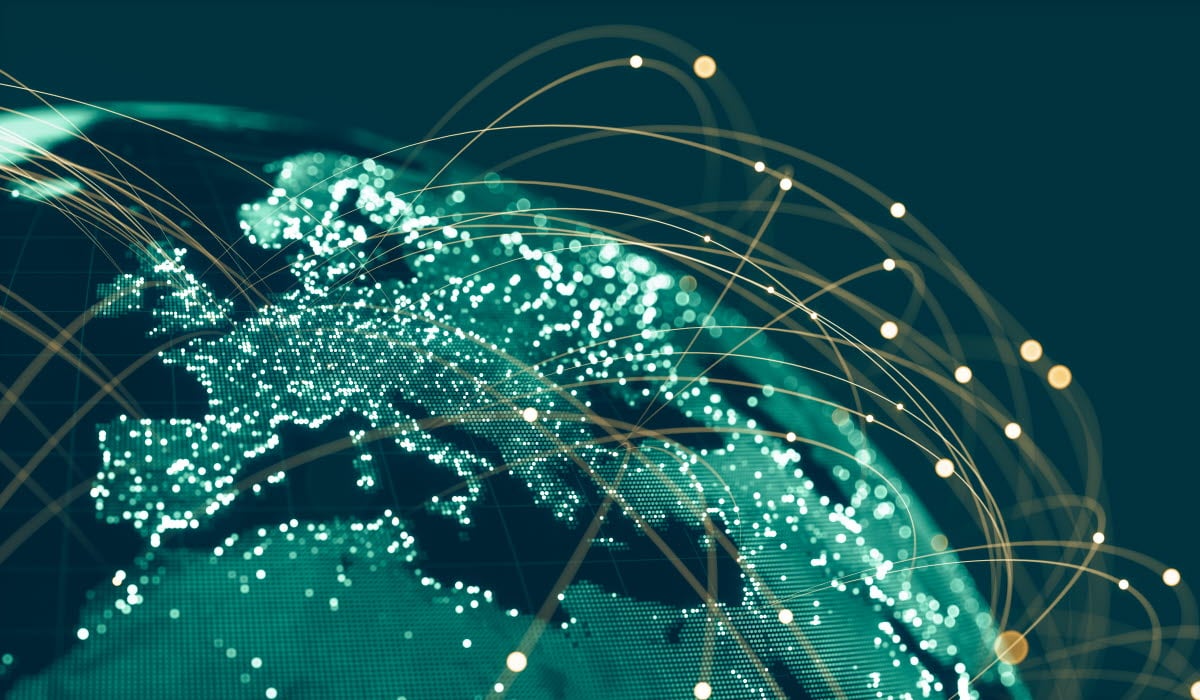
Taiwan
- Markets
- Asia-Pacific
- Taiwan
As one of the strongest economies in Asia, Taiwan’s GDP per capita is a comparable to Germany or Sweden. Small and medium-sized enterprises make up 98 percent of all Taiwanese companies, making them the driving force of the economy and an important source of employment. In addition, the world-leading manufacturing conglomerates in the high-tech and electronics sector also contribute significantly to Taiwan’s strong position.
Economic stronghold in Asia
In terms of business, the market is renowned for its easy business culture and it often functions as a test market for the rest of Asia. Taiwan has a complex relationship with mainland China, but the economic collaboration is comprehensive. With close cultural ties, Taiwan has an extensive business network both in China and in other parts of Asia. Today, it is one of the five largest investors in mainland China. Taiwanese companies also represent a substantial part of the total export of the private sector from China to the USA.
Opportunities for Swedish companies
The largest sector with significant opportunities for Swedish companies is the ICT sector. There is also untapped potential for Swedish companies in retail, healthcare, manufacturing solutions, transportation systems, energy and environmental technologies, and the food and beverage industry.
Over the years, Sweden and Taiwan have built very good trade relations. Swedish companies have a long and successful presence in the market, with a reputation for supplying high-quality products and services. Today, there are more than 100 Swedish companies present on the island and the number of Swedish companies is steadily increasing.
How we can help
Business Sweden has been present in Taiwan since 1991 as one of our first offices in Asia. Our office offers strategic advice and has the necessary local contacts to help Swedish businesses kickstart their activities in Taiwan.
Need Guidance on Export Regulations in Taiwan?
Read more
Exporting requires both an understanding of export regulations and practical know-how. Each market comes with its own rules for customs, import procedures, documentation, and trade compliance. Our experienced advisors offer free support via email, chat, and phone to help you navigate the export process with confidence.
Expert Guidance on Practical ExportingClient cases
Latest insights











